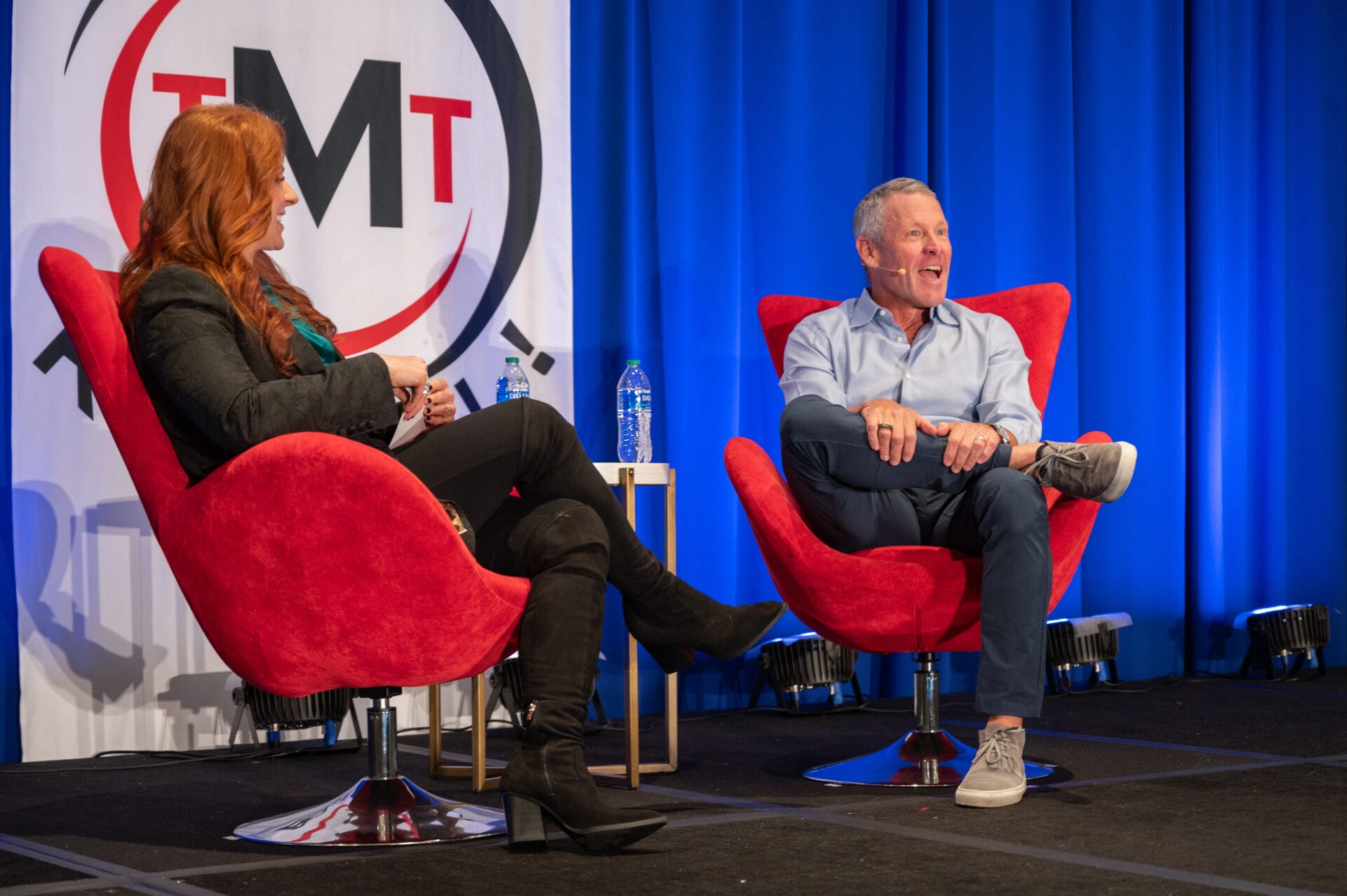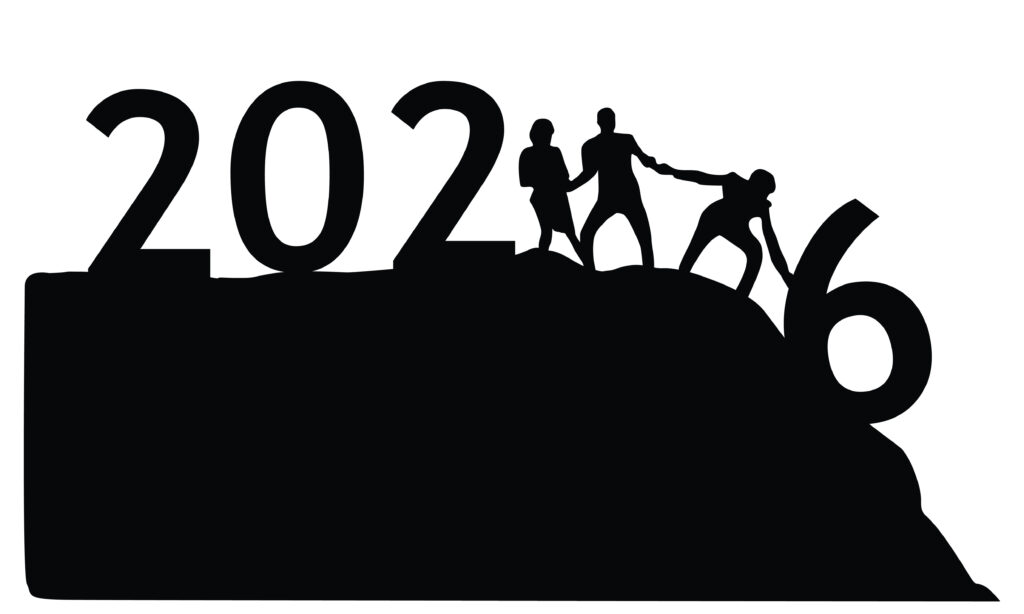In 2012, Lance Armstrong was sitting on top of the world. The most dominant and successful professional cyclist in history, he’d won the Tour de France a record seven consecutive times between 1999 and 2005, elevating cycling to global popularity. He’d established the Lance Armstrong Foundation (rebranded to Livestrong in 2003) after surviving Stage 3 testicular cancer, which had spread to his lymph nodes, brain, lungs, and abdomen. During his involvement in Livestrong, he raised $500 million for cancer research, treatment, and support, including a personal donation of $6.5 million. Livestrong was also able to support 100,000 people through free programs and services, such as counseling, clinical trial matching, and insurance management.
But on January 17, 2013, everything changed when Armstrong confessed to using performance-enhancing drugs throughout his career in an interview with Oprah Winfrey. Overnight, he went from one of the most well-known, loved, and celebrated sports figures in the world to a pariah, stripped of his titles and sponsorships, denied by the foundation he started, sued, and denounced on multiple levels.
It’s been 11 years since his confession and public apology. His admission cost him his reputation, more than $100 million, and his foundation, and he was banned from professional cycling.
Despite all that, he’s managed to land on his feet. Investments he made prior to 2012, including one in Uber in 2009, helped save him from financial ruin. Armstrong began podcasting in 2016 and hosts two popular podcasts today: The Forward Podcast and THEMOVE. Well-received, the podcasts generate significant revenue through corporate sponsorship, product sales, and subscription services. The Forward Podcast covers an eclectic range of topics featuring guests from politics, entertainment, art, business, and sports. THEMOVE provides insights from Armstrong and his guests on iconic cycling races and endurance sports. In 2019, Armstrong cofounded a venture capital firm called Next Ventures. Raising $60 million for investment, Armstrong has backed 20 startups so far in the sports, fitness, nutrition, and wellness markets.
A testament to the human capacity to endure, adapt, and grow amidst adversity, his story is a narrative that many leaders and entrepreneurs can relate to: the relentless pursuit of success, the harsh light of public scrutiny, and the humbling experience of failure.
During an exclusive private event with top-tier clients, Robin Robins, CEO and founder of MSP Success and TMT, sat down with the legendary cyclist, philanthropist, and investor to find out how he mentally and emotionally endured the tremendous adversity and how he managed to bounce back. Here are some highlights from that conversation.
Own It, Learn From It, And Move On
Armstrong acknowledges his mistakes; however, he also believes these are part of what made him who he is today. He accepted the consequences of his choices, admitting, “I knew I was going to be put into time-out.” But rather than retreating, he took his lumps and kept going. “I messed up,” Armstrong said. “Look, the entire brouhaha cost me 105 million bucks between lawsuits, legal fees, loss of endorsements, settlements, and so that stung. But I’ve been a survivor and a fighter my whole life, and I wasn’t going to quit.”
Continue Doing The Things That Produce Excellent Results
As the financial damage kept racking up, Armstrong worried about how he was going to feed his family. However, he continued working the processes that had produced successful results and vowed not to repeat his mistakes. “I love process,” Armstrong said. “Whether it’s how I start my day, the process of a workout, or building a business. I decided to just keep running my routes. I knew that if I did, at some point, life would throw me a ball, and this time, I wasn’t going to drop it.”
Embrace The Suffering
In a time when most people would curl up in a fetal position and lose their health and wellness, their families, and their lifestyle, Armstrong didn’t do that. He focused on his family and maintained his love for cycling. He continues to cycle to this day. “I remained optimistic,” he said. “I embraced the suffering and embraced my own health and wellness.”
Keep Up With Your Mental Fitness
Armstrong, who prefers the term “mental fitness” to “mental health,” continued to do the things that made him feel mentally strong. For him, this meant pushing himself physically through exercise. “Even when I’m having days where I’m grumpy, or something’s on my mind, or I’m trying to work through something, I do the same thing,” Armstrong said. “I go for a long bike ride by myself and just work it out. Or I still love to swim. In these moments of getting in that zone of suffering and pushing yourself is when my brain totally turns on.”
Create An Open-Door Policy
Offering a profound glimpse into how to navigate personal crises with family, Armstrong stated that guiding his family through this storm has been the most challenging part. When he made his 2013 confession, Armstrong had three children in school and two toddlers. He faced the daunting task of explaining his actions to them.
Emphasizing transparency, he adopted an open-door policy, encouraging honest, ongoing, open dialogue. “Their dad was on national TV with Oprah and on the front page of every paper,” Armstrong reflected. “We have a simple policy: We’re going to have a conversation about this today, and if you want to have a conversation about it next week or next year, we’re going to have a conversation. This is an open conversation. We can talk about this whenever you want. It’s not like we’re going to sit, talk about it, put it in a box, put it away. If this ever comes up and you want to talk to your father, come to me. I’ll tell you everything.”
This approach was particularly beneficial for his older children. However, the younger ones, initially too young to grasp the situation, eventually developed an awareness shaped by their peers’ questions. “Is your dad that cheater guy?” they were asked, underlining the importance of maintaining open communication as they matured. “They didn’t get a pass,” Armstrong noted. “Because what is true about this world today is everything is forever. While they were one and two and didn’t watch Oprah, they are growing into their dad’s complicated life history—all the good, the bad, and the ugly. It’s an amazing lesson for all of us that nothing goes away forever. This point going forward, whatever you say, do, maybe even think in the future will stick around.”
Armstrong acknowledged the pain of his circumstances but also recognized their value as a teachable moment. “There wasn’t a reset in parenting,” he said. “You’re keeping it open. They can ask you anything. You’re not hiding it. This is who I am, and I’ll explain it because we’re all humans. And, at the end of the day, especially for my older kids—and the same will happen for my young ones as they grow—they’ve watched their father survive this.”
Be Unapologetically Authentic
When faced with lawsuits and the pending fallout, Armstrong wanted to come clean on his terms by appearing on Oprah. “I thought it would be better received if I got out ahead of it,” Armstrong said. “But it didn’t really work. Although Oprah came out swinging, it was too much for some, and for others, it wasn’t enough. Still, I answered all her questions honestly as I do now.”
Despite the situation, it was a turning point for him to become a completely open book about everything in his life. “If we’d have done this talk 10 years ago, I would have BS’d every single person in this room,” Armstrong said. “I don’t BS anybody anymore. There’s nothing off limits in my life.”
Don’t Go Down The Rabbit Hole When Faced With Haters
When confronted by haters, negative interactions, and so on, many want to respond. You may be tempted to do something by rationalizing, “I’m not going to take this!” or “I must do something!” But too often, people respond in a negative way that they later regret. Armstrong admits he used to lash out, but now he’s changed his approach when provoked.
For instance, once while visiting Denver and waiting for an Uber, a group of haters recognized Armstrong and began chanting obscenities at him from a bar across the street. Rather than responding, he got in the car, left the scene, and didn’t interact. A man of action, he calmed down, called the bar where the patrons were, and asked to speak to the manager.
“I was so mad,” Armstrong said. “The old Lance would have got a group of my friends and turned around. But I’m not like that anymore. When the manager came on the phone, I said, ‘Hey, I’m Lance Armstrong. You got a bunch of guys out there who were yelling and screaming.’ He said, ‘Man, I’m really sorry about that.’ I said, ‘Here’s the deal. Here’s my credit card. Buy the whole table drinks for as long as they sit there. No matter how much they drink or what they eat, it’s on me. But you must go over there and say, “This is on Lance.”
I hung up, and I was like, that’s action. The wrong thing to do would have been to storm over there and get into it with them, but the right thing to do is to do something. That’s what I came up with, and I think it worked out well.”
Armstrong also avoids reading comments on social media. “I ignore it,” he said. “I made one deal with myself: If anybody throws me the ball and I catch it, I’m not dropping it again because there’s only one person who can mess this whole thing up, and that’s me. I’m not dropping the ball. If people are not OK with it, that’s totally fine.”
What Would He Change If He Could Do It All Over Again?
While his answer is unpopular, he says he wouldn’t change a thing. “We don’t get that opportunity in life to go back and do it all over again,” Armstrong said. “If I had this magic wand that the interviewer seemingly has, I’d wave it, and I’d go back, and I’d race all these people from all over the world on bread and water, and I would kick their *** the same way I did, the way we did it. That’s if we’re waving the magic wand. But that wasn’t the case.”
He continued, “We all live these interesting lives, and it’s just a big canvas, and at the end of the day, we get to look at the painting and say, ‘What do you think? How are you, Lance, as a friend, father, and husband? How are you right now?’ I’m liking it right now. I love my relationship with my family, friends, and partners. So why would I go back and change all this bad stuff that happened? It made the person who’s sitting here today. I’m not perfect. I’m one of the most polarizing, complicated people, but I went to bed last night as Lance Armstrong, and I woke up today as Lance Armstrong, and I’m really glad I did. I’m glad that I’ve lived this complicated life and managed to, in my own sort of way, come out the other end.”
Armstrong’s life, painted in strokes of glory and dishonor, teaches us that success is not a static achievement but an ongoing process of learning, adapting, and persisting. His journey underscores a fundamental truth in life and business: Our choices and actions, even the most controversial or regrettable ones, shape who we become. His refusal to be defined by his past mistakes and his commitment to moving forward with authenticity and accountability is a powerful example of the enduring strength of the human spirit.
His story is a compelling reminder of the importance of facing challenges head-on, embracing the full spectrum of our experiences, and continually striving for personal and professional growth.






